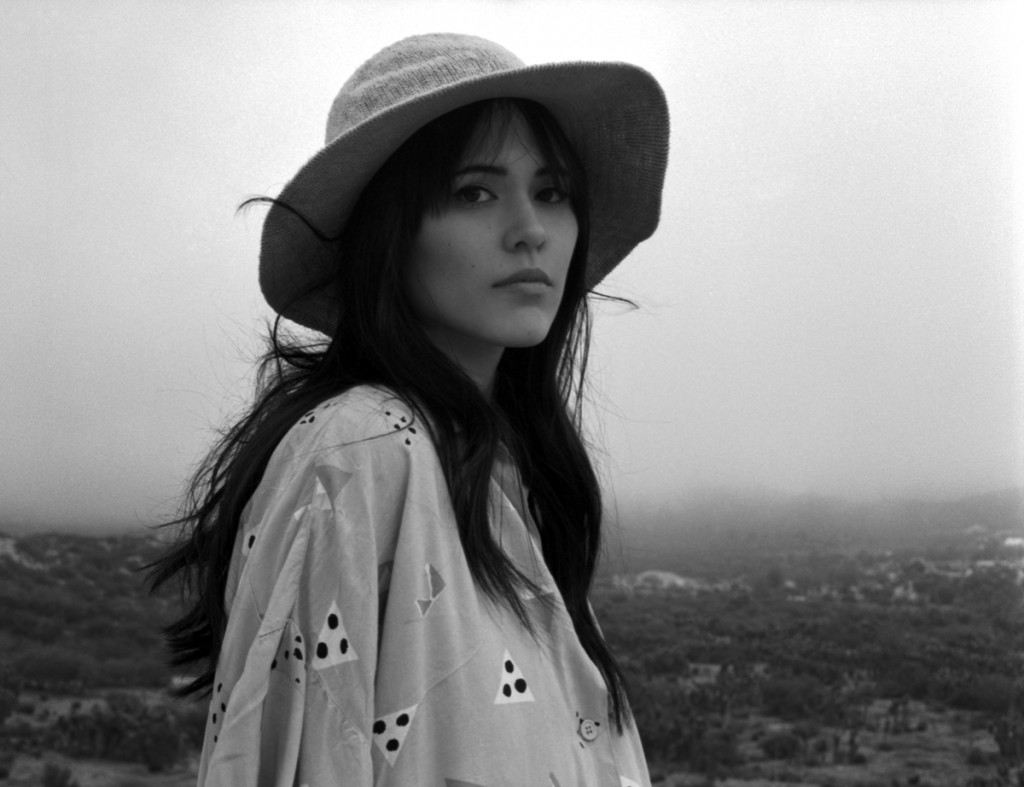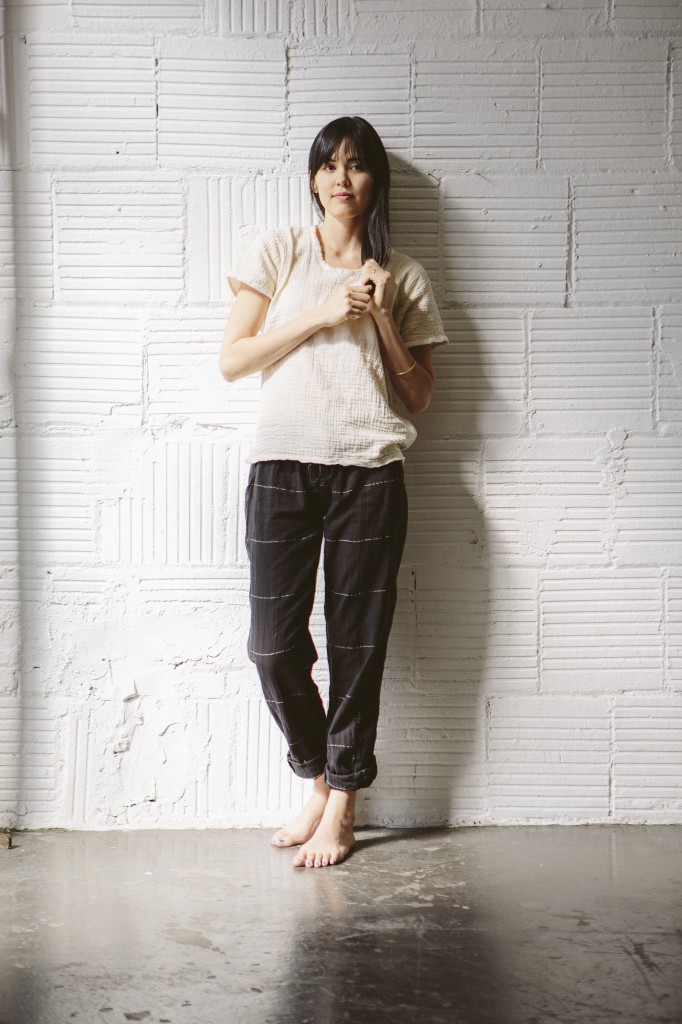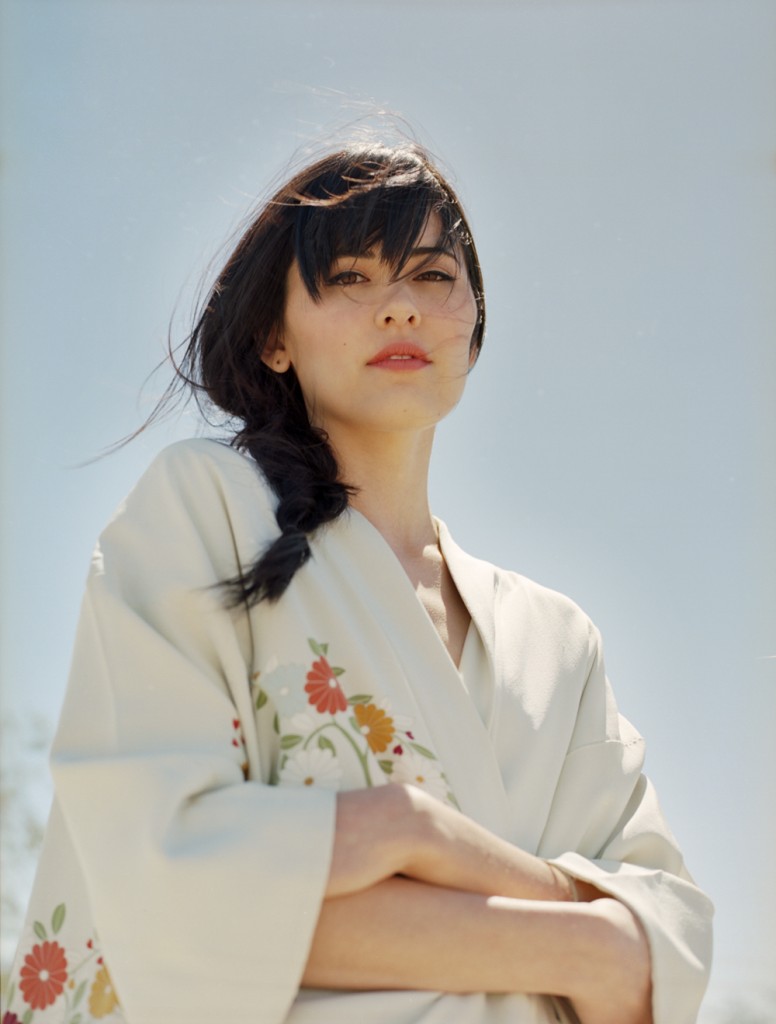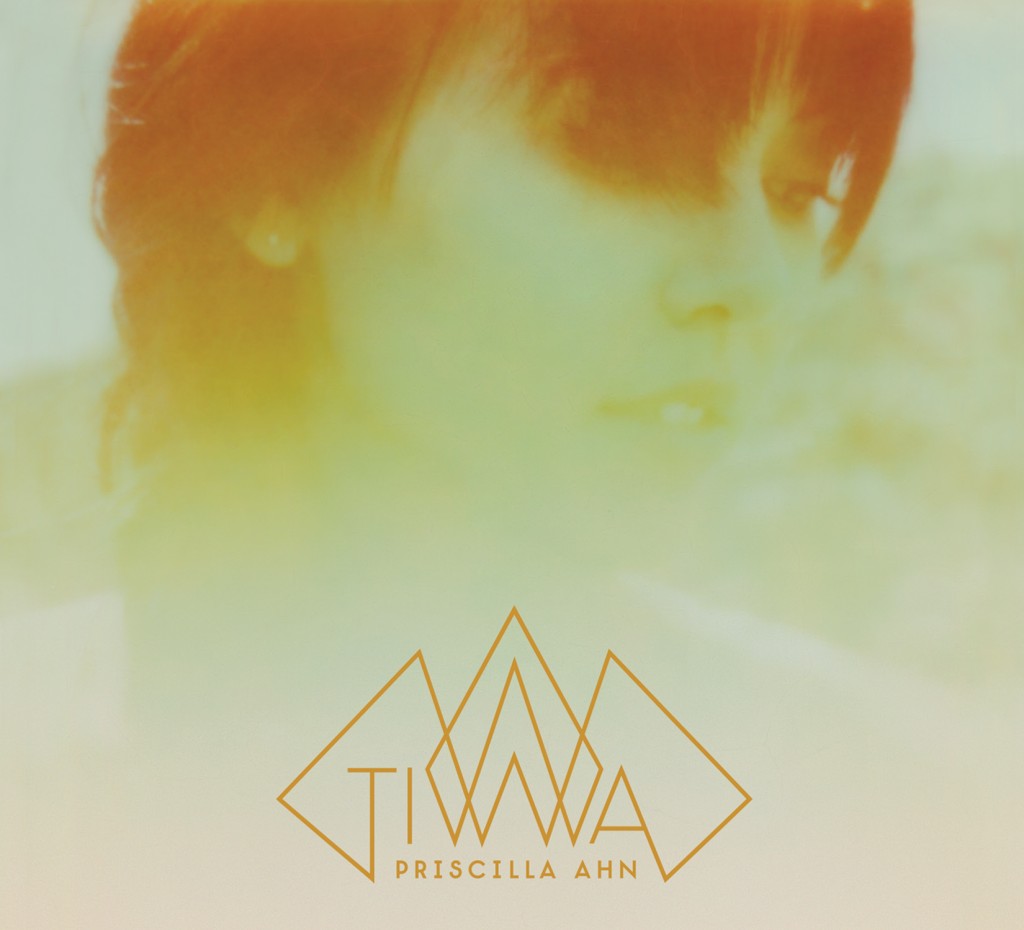- California Assembly OKs highest minimum wage in nation
- S. Korea unveils first graphic cigarette warnings
- US joins with South Korea, Japan in bid to deter North Korea
- LPGA golfer Chun In-gee finally back in action
- S. Korea won’t be top seed in final World Cup qualification round
- US men’s soccer misses 2nd straight Olympics
- US back on track in qualifying with 4-0 win over Guatemala
- High-intensity workout injuries spawn cottage industry
- CDC expands range of Zika mosquitoes into parts of Northeast
- Who knew? ‘The Walking Dead’ is helping families connect
Dream goes Ahn
Korean American artist Priscilla Ahn’s new album, ‘This Is Where We Are,’ is about finally finding her voice again as a songwriter and singer.

Priscilla Ahn’s music has both a retro and modern vibe, but it’s also been a source of reflection and self-discovery. (Courtesy of Priscilla Ahn)

At home, Ahn was surrounded by Korean culture. Her mother taught her customs, cooked Korean food and took her to Korea almost every year to visit her loving family. Ahn says she is very thankful for that part of her life. (Courtesy of Priscilla Ahn)
By Julie Carlson
“I was a little girl, alone in my little world who dreamed of a little home for me…”
With her airy, poetic sound and bohemian style, you can easily visualize folk singer Priscilla Ahn performing in a darkened coffeehouse in Greenwich Village during the 1960s. Her music has both a retro and modern vibe, but it’s also been a source of reflection and self-discovery.
Born in Georgia, to Harold Hartranft from the U.S. and Kay Ahn from outside Seoul, Ahn’s parents met while her military father was stationed in South Korea. The couple married and moved back to the States. They first settled in Fort Stewart, Ga., and later moved to Pennsylvania.
Growing up, Ahn didn’t think anything unusual of her multi-cultural family. Quite the opposite. She loved it. It wasn’t until recently she realized how different she felt as a child.
“I was actually the only half-Korean person I knew,” Ahn recalls. “I had a few Korean American friends, who were children of my mom’s friends. But I never went to school with any of them.”
Her friend’s parents were Koreans and they even spoke Korean. Ahn didn’t speak Korean because her mother only spoke English to her.
A feeling of isolation crept in.
“I can understand more than I speak,” Ahn says of the language. She took some private lessons to learn more Korean a couple of years ago. “The pronunciation is very difficult, and I’m too shy to speak in public.”
At home, Ahn was surrounded by Korean culture. Her mother taught her customs such as removing her shoes when inside the house, eating Korean food and traveling to Korea almost every year to visit her loving family there. Ahn is extremely thankful for that part of her life.
As for her musical abilities, she credits them to both sides of her family.
“My mom has a beautiful voice,” Ahn says. “I get all my musical talent from her. She also plays the piano and a little bit of the guitar. My dad can also sing, but it’s not his passion.”
It was her father’s taste in music which influenced Ahn, however. Her classic rock and folk style writing stems from inspirational icons such as Neil Young, The Beatles, Bob Dylan and even psychedelic rockers like Pink Floyd. Ahn’s sensuous and philosophical lyrics have a very Bob Dylan-esque “Blowin’ In the Wind” quality and theme.
As with most songwriters, her lyrics are autobiographical. They deal with heartbreak, longing, love, unity and forgiveness.
Self-taught, Ahn started playing piano when she was around 6 or 7. She learned the guitar and harmonica when she was 14. You can also catch Ahn playing the kazoo, something she does quite well while playing the guitar.
“I feel like once you learn to play the piano and guitar, you can pick up a lot of other instruments fairly easily, such as the uke and banjo,” Ahn explains.
She received private voice lessons to help her learn proper technique in high school. After graduating, she began performing in coffeehouses. She also interned at a studio alongside folk and soul singer Amos Lee for Blue Note Records. This was Ahn’s first introduction to the jazz record label.
Wanting to make a career out of music, at the age of 19, she headed west to Los Angeles to work with Lee’s producer, Barrie Maguire. She also decided to take the stage name of Ahn.
“My real last name [Hartranft] is very difficult to pronounce and spell. Also, my mother’s father loved to sing,” Ahn says. “He used to sing to me a lot, so in a way, it’s to honor him as well.”
Over time, she eventually met her manager who is still with her. In 2006, she met her future husband, actor Michael Weston, through a mutual friend. A year later, she made her first self-released EP with music producer, Joey Waronker.
“Amos [Lee] got a copy and passed it on to his label,” Ahn explains. “Soon after, they flew me to New York to play a showcase for them. After that, I was signed to Blue Note Records.”
Ahn’s first album, “A Good Day” for Blue Note Records, was released that same year in 2008. One of her most famous hit singles, “Dream,” came from this album. The song is about wishing for that elusive dream just within your grasp, and to live without regrets.
For the last seven years, she’s released three EPs and seven albums, three of which were produced in Japan. Ahn has made quite a splash in Japan and Korea. In 2008, she performed for the first time in Seoul at the Sang Sang Madang.
“It was an amazing experience,” Ahn says. “The audience was so lovely, supportive and fun. And some of my family were able to come to the show. It was very memorable to me.”

“I can understand more than I speak,” Ahn says about her Korean. “The pronunciation is very difficult and I’m too shy to speak in public.” (Courtesy of Priscilla Ahn)
Ahn has also performed at the Jisan Rock Festival and the Ansan Rock Festival. In her live performances, fans enjoy her soft-spoken and humble personality, as well as her quirky sense of humor. Like when she found a funny inscription written by an ex-girlfriend to her husband in a book poems. She wrote a song about it called “The Boobs Song.”
Ahn’s music has also been used in a number of films and television shows, such as “Bride Wars,” “My Sister’s Keeper” and “Grey’s Anatomy,” including this year’s Japanese anime flick “When Marnie Was There.” As with all her songs, Ahn’s sweet, mystical voice tugs at your heartstrings. She takes you to another place. Her music is relatable and makes you think about your own place in this world.
Most recently, Ahn reflected upon her own life. For a time she was unable to write new music because she was struggling with self-doubt. She wanted to do something different, so she traveled to Palm Springs, Calif., to spend time by herself. With no pressure and no guidelines, but only her guitar and keyboard, Ahn wrote until the music and lyrics poured out.
“For me,” Ahn says. “This album was about finally finding my voice again as a songwriter and singer.”
For her latest album “This Is Where We Are,” her songs have a more electro-pop flair inspired by her deepest, and most heartfelt feelings she discovered in the seclusion of the desert. The album portrays who she is now and another side to herself that she’s never been able to show in other albums.
Ahn’s lyrics in “This Is Where We Are” reflect that sentiment, “So this is where we are. What do you see. Everything we can and want to be.”
Check out her music videos at http://www.priscillaahn.com









![블랙핑크 로제(좌)와 제니(우) [로제 인스타그램·OA엔터테인먼트 제공. 재판매 및 DB 금지]](http://www.koreatimesus.com/wp-content/uploads/2025/04/AEN20250423001000315_02_i_P4-copy-199x223.jpg)







Edward
October 14, 2014 at 9:20 AM
Considering how much time she spends in Japan, I think she appreciates Japanese culture more than Korean culture.
Pingback: The Korea Times